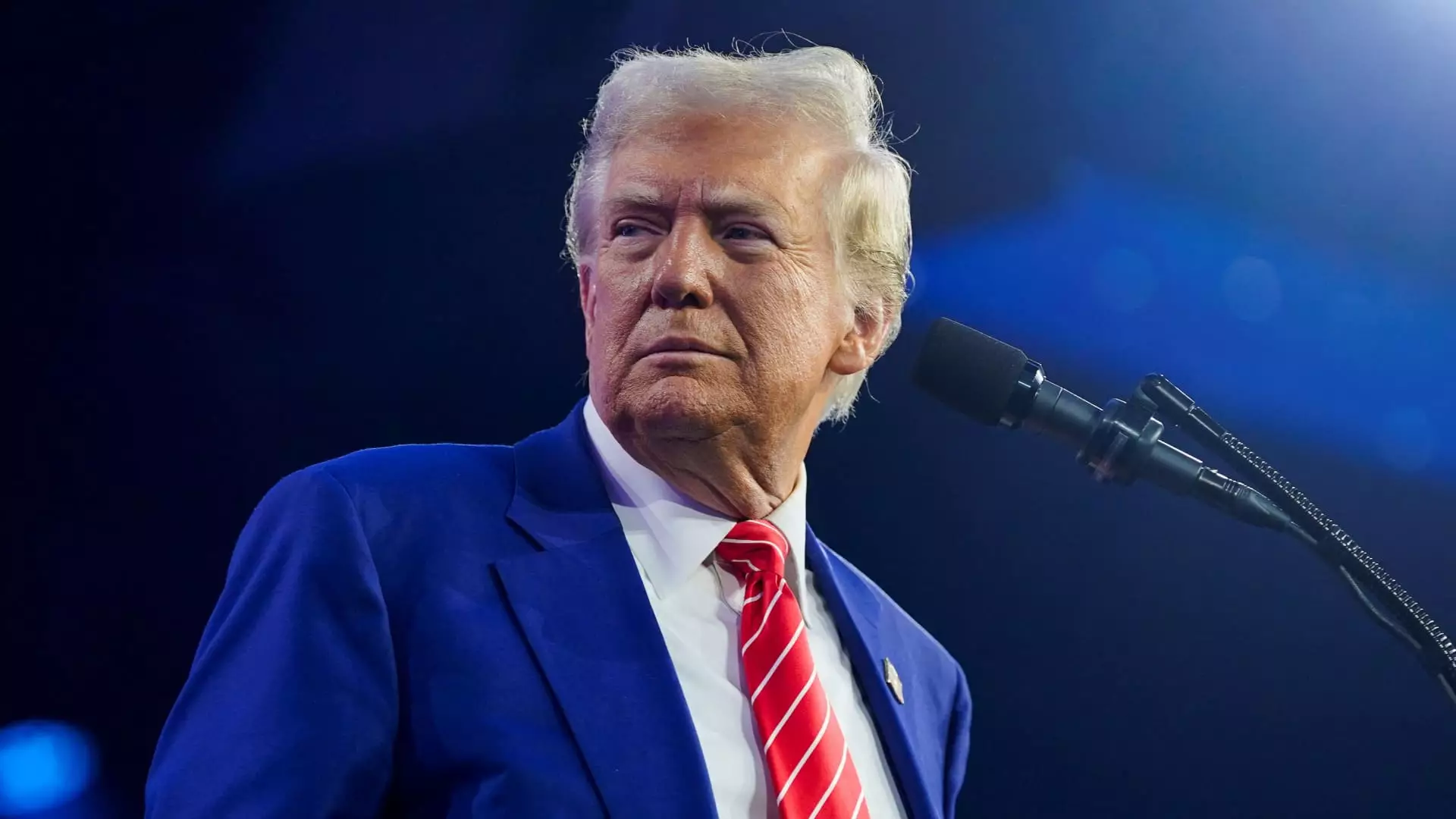In an unexpected series of social media posts on Christmas Day, President-elect Donald Trump stirred up debate and controversy by addressing issues related to Canada, Greenland, and the Panama Canal. His comments, posted on his Truth Social platform, echo a history of contentious rhetoric surrounding American foreign policy and territorial ambitions. Analyzing these statements reveals deeper implications for international relations, national identity, and the political landscape as Trump embarks on his new term.
Trump’s social media outburst highlights a concerning trend in his approach to foreign affairs—an inclination toward treating international relationships as transactional negotiations rather than complex diplomatic engagements. By suggesting that the United States might exercise control over Canada or Greenland, he trivializes the sovereignty of these nations. Trump’s earlier interest in purchasing Greenland was met with ridicule and firm rejection from Denmark, yet he appears undeterred, reaffirming the notion that the U.S. should have some kind of dominion over it. This mindset reflects a broader problematic narrative that aligns territory with national strength, risking the diplomatic ramifications of such assertions.
The Panama Canal: A Historical Context
In his posts, Trump also revisited the contentious history of the Panama Canal, a significant piece of infrastructure that has been at the center of American imperial ambition since its construction. By labeling the operation of the canal by Chinese entities as “illegal,” he skirts the complexities of international agreements and bilateral relations that have evolved over decades. The U.S. relinquished control of this critical shipping channel in 1999, following a treaty aimed at fostering better relations with Panama. Trump’s current rhetoric suggests a nostalgic view of American supremacy over global trade routes, resonating with a segment of the population yearning for a more interventionist foreign policy. However, this stance can lead to tension, especially against the backdrop of a globalized economy that requires cooperation over confrontation.
Mockery and Diplomacy: The Trudeau Conundrum
Trump’s mockery of Canadian Prime Minister Justin Trudeau as the “governor” of Canada only serves to underline his dismissive approach to diplomatic relations. By dangerously joking about annexation and economic benefits for Canada, Trump minimizes the autonomy that Canada exercises as a nation. The suggestion that Canada could become the 51st state might resonate with some Americans who view their northern neighbor as an extension of the U.S. Yet, it entirely disregards Canada’s rich history and its distinct identity separate from that of the United States. This rhetoric not only risks strained relations but also alienates key allies in a time when global partnerships are crucial.
The Political Landscape and Future Interactions
Trump’s act of targeting foreign leaders and entities on a public platform raises questions about his approach to international relations. His dismissive tone regarding other political figures, including President Joe Biden, reflects a combative style that prioritizes personal grievances over constructive dialogue. This behavior may galvanize his base but could alienate moderate voters and strain U.S. diplomatic relations. As Trump prepares to re-enter the political sphere, his language and approach could set a tone for how the United States engages with its neighbors and the rest of the world moving forward.
As Trump steps into the political arena again, it is vital to advocate for an approach that values dialogue, cooperation, and mutual respect among nations. The comments made over the Christmas holiday are a stark reminder of the importance of diplomacy in contemporary international relations. While Trump’s nostalgic views may attract interest from certain quarters, they should also prompt reflection on the implications of such rhetoric for future engagements. Sovereignty, national identity, and diplomatic relations deserved to be approached with care, empathy, and strategic thinking—a contrast to the divisive and transactional philosophy echoed in his recent posts.

Leave a Reply